
Iranian hospitals hobbled by sanctions in fight against Covid
In a poor neighbourhood of the historic city of Isfahan, workers toil day and night to build a new hospital as Iran’s overwhelmed health system struggles to cope with the soaring number of Covid cases.
The work on the 1,000-bed seven-storey Isfahan Eram Center Hospital has been expedited by the devastating impact of the coronavirus pandemic, which has highlighted years of underinvestment and decades of inertia in a health system that has also been hobbled by US sanctions.
The hospital, a private enterprise in a health system dominated by the state, is part of Isfahan Healthcare City, a 70 hectare compound that will be the first place in Iran to provide drive-through coronavirus tests. “We will have about 300 beds ready in the first half of 2021 which will be allocated to coronavirus patients,” said Reza Heybati, the operations manager.
Authorities in Iran have in recent weeks warned that hospitals are running out of capacity as the number of Covid-19 patients has surged. More than 30,000 people have died in Iran so far this year of Covid, making it one of the worst-hit countries in the region. This week, Iran has reported the largest number of deaths in a single 24 hours since the crisis began.
Isfahan is one of the most affected cities in Iran. In the coming months, hospitals in Isfahan province will have as many as 2,000 inpatients, up from about 1,200 earlier this year, said Dr Tahereh Changiz, head of Isfahan Medical university, which is in charge of tackling the disease in the province. “Our staff in hospitals are exhausted which is turning into the biggest problem,” she said.
The Iranian healthcare system is dominated by university, pension fund and military-run hospitals, with the private sector only accounting for 10 per cent of all care. “If the state sector had helped the private sector, we would have been in a better situation under the pandemic. Almost no hospital was built in Isfahan by the private sector after the revolution,” said Mr Heybati, referring to the upheaval that led to the creation of the Islamic republic.
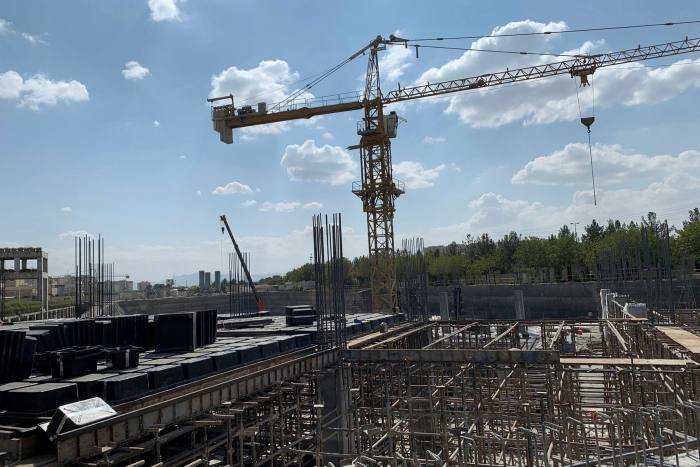
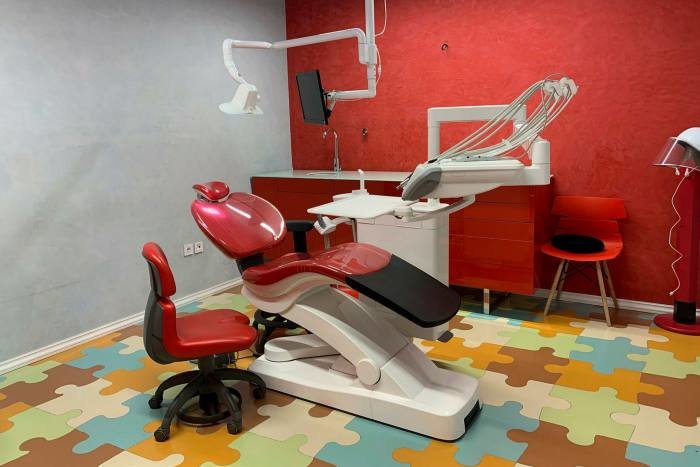
The clinics in Isfahan Healthcare City boast some of the latest equipment
Iran’s economy had opened up in the wake of a 2015 nuclear deal with world powers, but the US abandoned this deal in 2018, reintroducing sanctions and dealing a huge blow to an economy reliant on oil exports.
The lack of export dollars has hindered centrist president Hassan Rouhani’s efforts to support the health sector during the pandemic, officials say. The health ministry says the government has so far allocated only 30 per cent of the €1bn promised from the country’s sovereign wealth fund for the battle against the virus. While global companies are still able to sell medical goods to Iranian companies, sanctions on financial transactions often mean they employ circuitous routes, forcing prices higher, officials say.
“For sure, our death tolls would have been lower if the US sanctions were not enforced and had not caused a delay in treatments,” said Kianush Jahanpur, a health ministry spokesman. “The US administration is directly responsible for this.” The US, which this month imposed sanctions on 18 Iranian banks, counters that the regime has rejected offers of US assistance and sanctions do not impede humanitarian assistance.
The clinics in Isfahan Healthcare City boast some of the latest equipment: the dental clinic uses kit made by Germany’s Siemens, imported in the wake of the 2015 nuclear deal, and in a digital laboratory the dental prostheses can be made in just a few minutes.
But sanctions have made it harder and more expensive to access equipment now, officials at the Isfahan complex say. “A German light for some of our equipment which was almost $10 more than a year ago, costs $200 now,” said one official in the Isfahan complex. “If equipment needs a spare part, we never know when that part will arrive and at what price.”
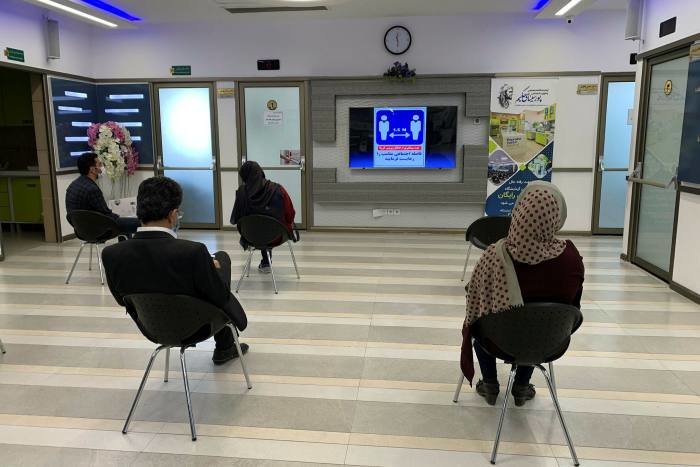
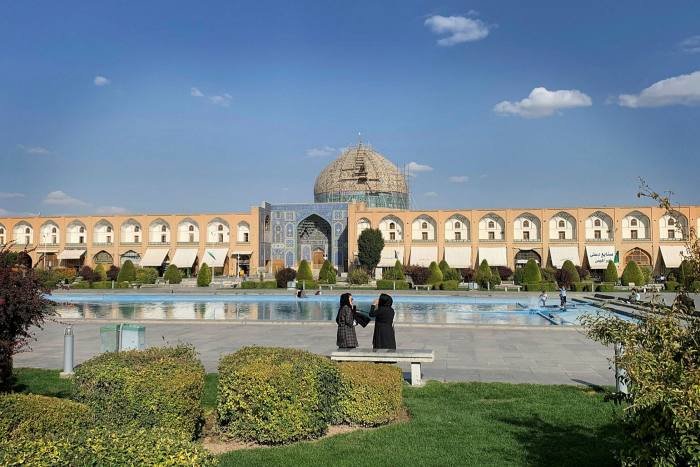
Once a busy tourist destination, Isfahan is now deserted
A laboratory official in the same complex said that even kits for blood sugar tests are not always available. “Some equipment, such as pumps in laboratories which separate blood components at high speed have dual purposes which the US has sanctioned their importing,” he said. On the impact of sanctions, he said: “We still manage to buy the world’s latest technologies from Europe, US or Japan but at higher prices and over longer periods.” Officials say they have increased domestic production to meet demand, including of ventilators, which Iran previously imported.
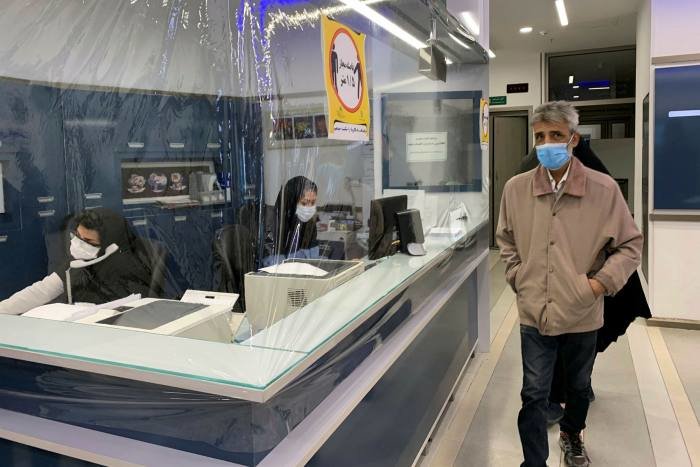
The impact of the pandemic is felt beyond the walls of the healthcare complex. Isfahan, long a tourist destination, has been hit not just by the virus but also the economic blow it has dealt. In the vast Naqsh-e Jahan Square, a Unesco world heritage site that features stunning mosques with blue tiles, shopkeepers say the combination of the pandemic and sanctions have paralysed their businesses. “The coronavirus pandemic has struck the last blow on us,” said Sajjad, a 31-year-old shopkeeper of handicrafts. “It has killed the spirit of the city with few Iranian and foreign tourists around.”
For now at least, there is construction work at the hospital. In these difficult economic times, one entrepreneur in Isfahan Healthcare City said the development of the health sector was a national duty. “We have been struggling with not only the US sanctions but more importantly the domestic sanctions by which I mean crippling bureaucracy and lack of insight and perspective in the state health sector,” the entrepreneur said.
“It makes no economic sense to invest so much money in a healthcare compound with little return on investment but we consider this a moral obligation.”











